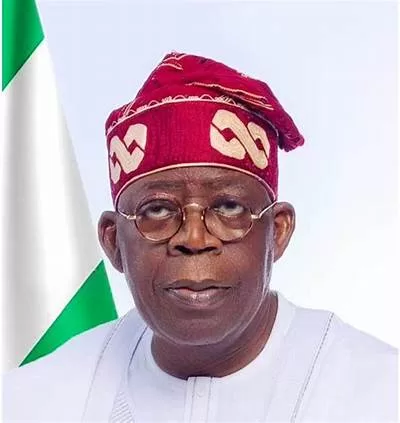
President Bola Ahmed Tinubu’s legal efforts to block the release of FBI and DEA records under the United States Freedom of Information Act (FOIA) since 2023 raise critical concerns regarding transparency, accountability, and the integrity of public office.
The FOIA guarantees the public’s right to access information of significant interest, especially where issues of governance, public trust, and leadership credibility are involved. Attempts to obstruct this process undermine the principles of open governance and the credibility of Nigeria’s democratic institutions. A nation cannot aspire to global respectability while its leaders resist transparency.
This matter is not about partisan rivalry. It transcends political affiliations and personal loyalties. At its heart lies a fundamental question: should the Nigerian people have the right to know the full truth about those who lead them? The answer must be an unequivocal yes. The law must be allowed to take its due course, free from political interference or influence, so that the truth, whether exculpatory or incriminating, can be established.
If President Tinubu has nothing to hide, the release of these records should strengthen his position and dispel all doubts. If otherwise, then it is in the interest of justice, history, and posterity that such truths come to light. In either case, Nigeria benefits from clarity rather than concealment.
Ultimately, the credibility of any democracy is measured not by its ability to silence difficult questions, but by its courage to confront them with openness and honesty. For Nigeria’s democracy to mature, truth must prevail, and the law must remain supreme.
 Premium News
Premium News